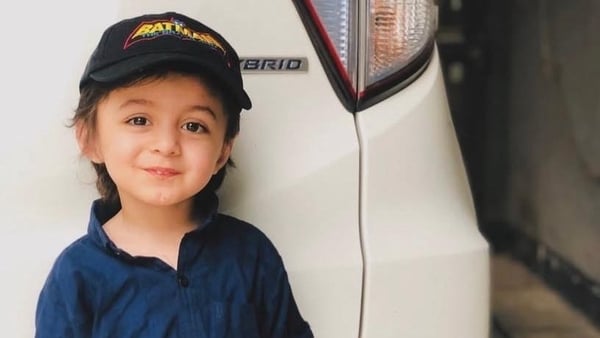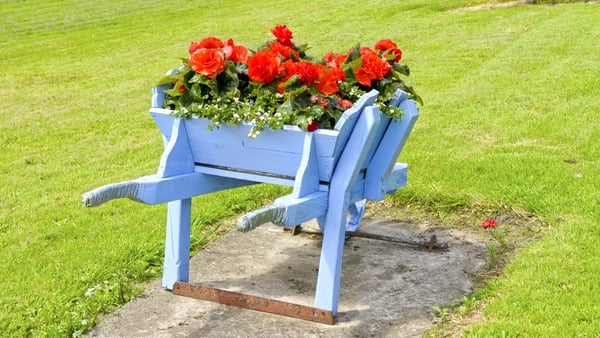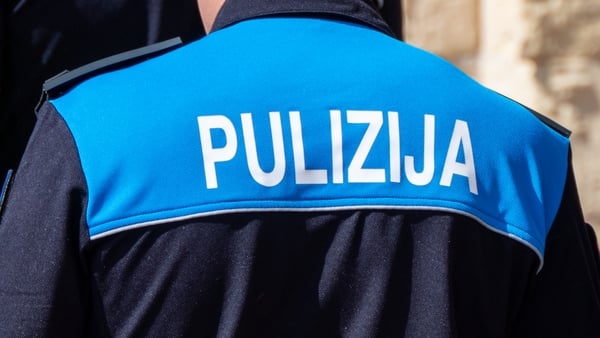The head of WEEE Ireland, the country's national compliance scheme for the recycling of e-waste, has said European recycling targets set more than a decade ago fail to account for the real impact of the circular economy.
Leo Donovan said Ireland's ability to meet the EU's 65% recycling target is moving further out of reach every year - not because we are failing but because they do not consider the extended lifespans of modern electronics - or the growing emphasis on repair and reuse.
"The EU's current linear weight-based targets do not consider the extended lifespans of modern electronics or the growing emphasis on repair and reuse, meaning Ireland's true environmental progress goes unrecognised.
"So, if a mobile phone is repaired or refurbished, it does not count toward Ireland's official environmental performance, despite keeping raw materials in circulation.
"Newer appliances such as solar PV panels and heat pumps last 15 to 20 years, delaying their recycling eligibility - yet they are still counted in today's sales-based targets," he said.
We need your consent to load this rte-player contentWe use rte-player to manage extra content that can set cookies on your device and collect data about your activity. Please review their details and accept them to load the content.Manage Preferences
Mr Donovan has called on EU policymakers to modernise the WEEE directive, due for a major review next year, to reflect the realities of today's electronics market.
"We need realistic targets to benchmark our systems and drive improvement. The EU must rethink how it tracks e-waste management to align with circular economy principles," he said.
It is 20 years since Waste Electrical and Electronic Equipment (WEEE Ireland) was set up with figures showing that over 250 million old and broken electrical items have been prevented from entering landfill during that time.
The 250 million electrical items recycled since 2005 consisted of 7.6 million large household appliances, 188 million mixed WEEE items, 1.8 million fridges, 5.1 million televisions and monitors, and 47.5 million lamps.
The equivalent of 725 million used AA batteries were also saved from landfill.
WEEE Ireland has facilitated the collection and recycling of more than 609,000 tonnes of electrical waste in the last two decades of e-waste recycling.
Minister of State for Retail and Circular Economy Alan Dillon said WEEE Ireland played an important role in stopping waste electronic items and batteries from entering landfills.
"While capturing these valuable resources is a critical first step for sustainability and economic resilience, we need an even greater focus in Ireland on repair, reuse, and product durability to create a truly circular economy," said Mr Dillon.






